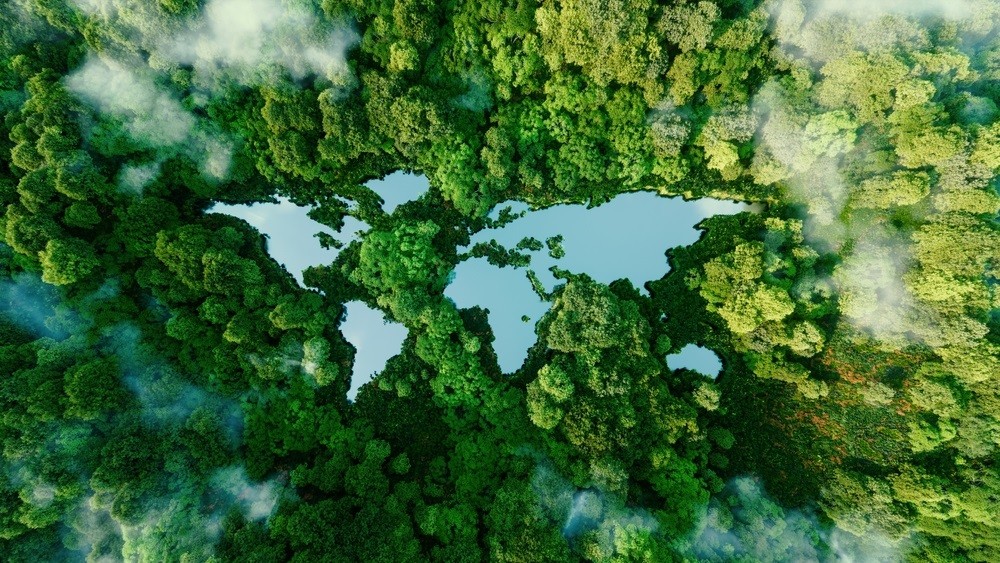
1. Causes of Action
E. Consumer Protection Law
1. OVERVIEW
Consumer protection laws are increasingly utilised globally to address greenwashing and hold companies accountable for misleading environmental claims. The landscape of climate-related claims under consumer protection laws varies across jurisdictions, with each country employing its legal frameworks to combat deceptive practices. Despite hurdles, the potential for future applications suggests a growing trend in leveraging consumer protection laws for climate and environmental litigation.
Current Applications:
Consumer protection laws are increasingly used globally to combat greenwashing and address misleading environmental claims related to climate change. Legal approaches vary by jurisdiction, with European countries incorporating the European Directive, while others, like Australia, Brazil, and the United States, have specific consumer protection legislation. This trend reflects a growing effort to leverage consumer protection frameworks for climate and environmental litigation.
Hurdles and Challenges:
Navigating the landscape of climate-related consumer protection claims presents a unique set of hurdles and challenges. These challenges are multifaceted, ranging from legal technicalities to systemic issues within the legal frameworks of various jurisdictions.
One such challenge is vague terminology. For instance, in the case of Deutsche Umwelthilfe v. TotalEnergies, the ambiguity in the language used in environmental laws can lead to difficulties in interpretation and enforcement. This vagueness can create loopholes that companies might exploit, making it harder for consumers to hold them accountable for misleading environmental claims.
Another significant hurdle is jurisdictional disputes, as seen in the case of District of Columbia v. Exxon Mobil. These disputes can complicate matters further, leading to delays in proceedings and creating additional barriers for plaintiffs. Jurisdictional issues can also arise when the environmental impact crosses national borders, adding another layer of complexity to these cases.
Another challenge is the lack of specific domestic provisions, particularly in countries like China. Without clear domestic laws addressing greenwashing and misleading environmental claims, it can be difficult for consumers to bring successful claims against corporations.
In Japan, the challenge lies in addressing collective environmental issues due to joint actions. This approach can make it difficult to address larger, systemic issues, as it often focuses on individual cases rather than broader corporate behaviour patterns.
Finally, in countries like Nigeria, Kenya, India, and the Philippines, the field of consumer cases related to climate or the environment is still in its infancy. The lack of precedent in these jurisdictions can make navigating and succeeding in bringing climate-related claims challenging.
Potential Future Applications:
Promising legal avenues in Australia, Brazil, Canada, France, India, the UK, and the US include strengthening consumer protection laws, implementing strict regulations for climate neutrality claims, and encouraging detailed disclosure by companies. Out-of-court claims, transparency in the banking sector, and advocating for class action mechanisms (e.g., Italy and Japan) can empower consumers and address greenwashing. Brazil and Norway's enhanced disclosure requirements, along with constitutional and legislative provisions in Kenya, the Philippines, and India, offer potential for climate litigation against companies breaching environmental standards. Looking ahead, the landscape of climate-related litigation under consumer protection laws is ripe with potential. In countries like Australia, Brazil, Canada, France, India, the United Kingdom, and the United States, promising legal avenues could be explored to strengthen consumer protection laws against misleading environmental claims and greenwashing.
One such avenue is the implementation of stricter regulations on climate neutrality claims. By requiring companies to provide detailed information on how such claims are achieved, consumers can make more informed decisions, reducing the potential for greenwashing.
Another potential avenue is the expansion of transparency into the banking sector and using out-of-court claims, as seen in Australia. This could serve as a basis for bringing more climate claims.
In Italy and Japan, there is a push for introducing class action mechanisms in environmental disputes. This could empower consumer organisations and individuals to collectively address greenwashing practices, providing a legal basis, and standing for bringing climate claims.
In countries like Brazil and Norway, enhanced disclosure requirements for companies regarding their products' environmental impact and sustainability could empower consumers with better information and contribute to climate litigation.
Similarly, in Kenya, the Philippines, and India, constitutional and legislative provisions offer the potential for bringing claims against corporate actors in case of breach of those provisions.
These potential future applications represent a growing trend in leveraging consumer protection laws for climate and environmental litigation. However, they also underscore the complexities and challenges of bringing climate-related claims under consumer protection laws. As we move forward, it will be crucial to continue exploring these avenues and pushing for legal innovation and reform in response to the unique challenges posed by climate change
